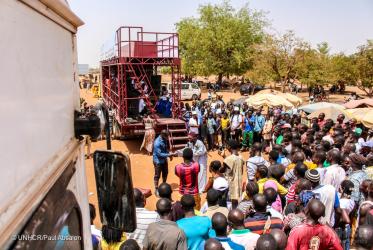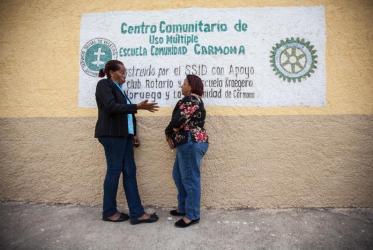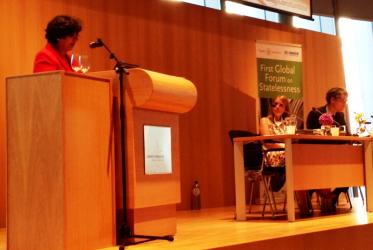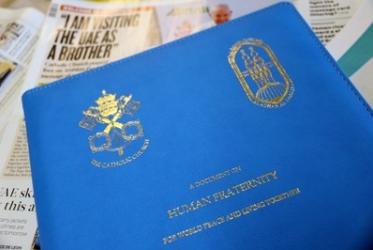Displaying 41 - 55 of 55
08 November 2016
God’s forgotten children
20 June 2016
Church leaders address statelessness in Dominican Republic
03 February 2015
Church voices address statelessness at The Hague Global Forum
19 September 2014
Churches advocate for the rights of stateless people
15 September 2014
Faith leaders promote protection of displaced people
25 July 2013
Churches advocate for the rights of stateless people
01 March 2013
WCC to hold consultation on stateless people
19 February 2013
Protection of uprooted people is integral to religions
14 December 2012








